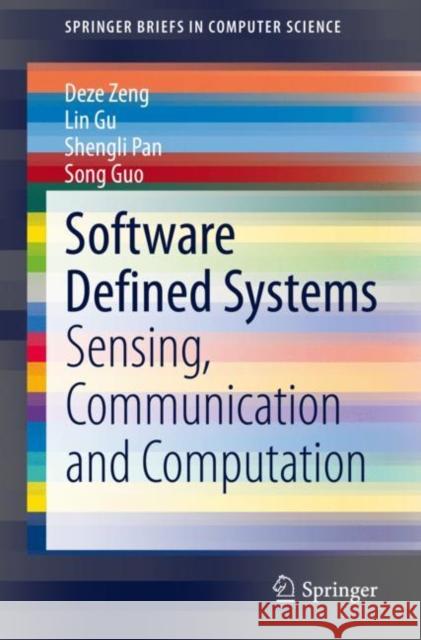Software Defined Systems: Sensing, Communication and Computation » książka
topmenu
Software Defined Systems: Sensing, Communication and Computation
ISBN-13: 9783030329419 / Angielski / Miękka / 2019 / 111 str.
Kategorie:
Kategorie BISAC:
Wydawca:
Springer
Seria wydawnicza:
Język:
Angielski
ISBN-13:
9783030329419
Rok wydania:
2019
Wydanie:
2020
Numer serii:
000444178
Ilość stron:
111
Waga:
0.19 kg
Wymiary:
23.39 x 15.6 x 0.69
Oprawa:
Miękka
Wolumenów:
01
Dodatkowe informacje:
Wydanie ilustrowane











